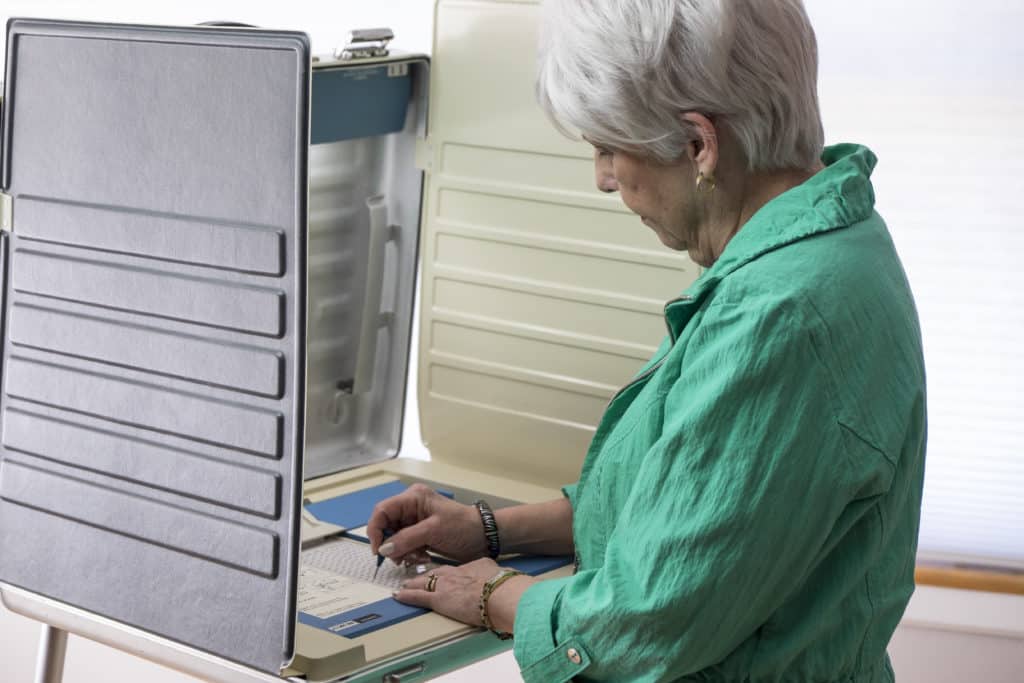By Leah Fein
Although voting is a fundamental right in the United States, people with serious mental illnesses (SMIs) often encounter barriers when voting. To better understand these barriers, researchers at Wesleyan University and Yale University conducted a review of current psychological and legal literature.
There are various federal laws that protect voting rights for persons with disabilities, such as the Americans with Disabilities Act and the Help America Vote Act. However, the researchers found that certain state laws regarding voter competence, photo IDs, voter challenges and incarceration practices can unequally effect persons with SMIs.
More specifically, only 10 states do not have any legal restrictions on voting for people with disabilities based on competence. All other states have a system in place to restrict voting rights of people with disabilities who are determined incapacitated.
Some states require that voters present photo IDs. People with SMIs may encounter structural and/or psychological barriers to obtaining an ID. Others may not have the financial means to purchase an ID.
Voter challenger laws allow citizens to challenge voter’s eligibility to vote during or before elections. While these laws originated to prevent voter fraud, they are unequally applied to marginalized voters, including those with disabilities.
Voting rights of incarcerated individuals vary state to state. Because people with SMIs are overrepresented in America’s jails and prisons, they are also more likely to be affected by these laws.
The researchers offer a few recommendations to counteract these barriers people with SMIs face. First, people with SMIs and mental health providers should be educated on the universal right to vote, relevant federal and state laws, and what to do in cases of violation of voter rights. Second, mental health providers, inpatient hospitals, and community clinics should disseminate this information and assist with voter registration processes. Lastly, in states with voter competence requirements, providers can assist with restoring individual voting rights under state law.
PMC Co-Director Jason Karlawish, MD, advised on this research project. Researchers referenced Dr. Karlawish’s 2004 paper, “Addressing the ethical, legal, and social issues raised by voting by persons with dementia.”
Read more here.
